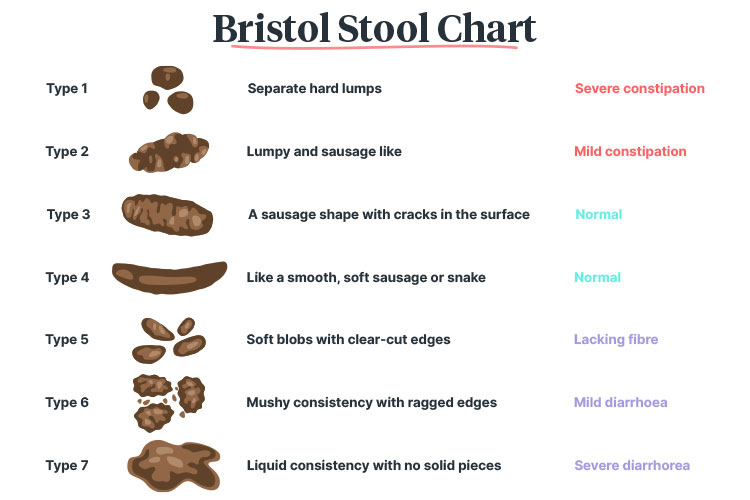Introduction
Navigating the world of bowel care can be challenging, specifically for caregivers and health care professionals dealing with people that have complex needs. As we look into the complex details of bowel management, ostomy care, and training programs offered, it's important to highlight the crucial understandings obtained from a detailed complex bowel care training course. This post will offer an in-depth introduction, abundant in material and structured for very easy navigation. By the end of this read, you will have a much better understanding of what complex bowel care entails and just how reliable training can equip caretakers to supply exemplary support.
What is Intricate Bowel Care?
Complex bowel treatment incorporates various approaches developed to take care of the varied obstacles encountered by people with digestive tract disorders or problems calling for ostomy monitoring. Whether handling cranky bowel syndrome (IBS), inflammatory digestive tract disease (IBD), or post-operative individuals with stomas, recognizing these intricacies is essential for efficient caregiving.
Understanding Bowel Disorders
Bowel problems can dramatically affect a person's lifestyle. Conditions such as Crohn's condition or ulcerative colitis call for customized treatment that exceeds conventional nursing methods. Through formal training like the NDIS complex bowel care training programs, caregivers find out customized methods to enhance individual outcomes.
The Relevance of Stoma Care in Complex Bowel Management
Stomas are medical openings produced throughout treatments like colectomies or ileostomies. Finding out about stoma care is important for any person associated with caring for clients with ostomies. This training normally covers:
- Stoma Health: Proper cleaning techniques and skin protection. Monitoring Complications: Acknowledging indicators of infection or blockage. Emotional Assistance: Aiding people get used to their new normal.
Key Takeaways from a Complex Bowel Care Training Course
Through specialized programs, individuals obtain a number of vital understandings that can change their technique to offering care:
Comprehensive Knowledge: Recognizing the anatomy and physiology pertaining to bowel features improves caregiving capabilities. Hands-On Skills: Practical training ensures that caregivers feel confident in executing essential procedures. Patient-Centric Approaches: Stressing communication and compassion fosters trust between caretaker and patient. Problem-Solving Techniques: Understanding just how to attend to issues proactively boosts person outcomes. Resource Accessibility: Orientation with readily available devices and resources can aid in effective management.Why Pursue NDIS Complex Bowel Care Training?
The NDIS (National Disability Insurance Plan) uses certain standards for managing complicated health requires among individuals with specials needs. Signing up in NDIS complex bowel care training furnishes caregivers with vital skills while adhering to nationwide standards.

Course Goals and Outcomes
The key objectives of such training include:
- Enhancing functional skills for reliable digestive tract management. Improving understanding bordering validities and moral factors to consider in caregiving. Building confidence amongst carers through simulations and real-life scenarios.
Components of Efficient Digestive tract Care Courses
A well-rounded complex bowel care course generally includes various elements made to cover all elements of patient care:
1. Makeup & Physiology Pertaining To Bowel Function
Understanding exactly how the digestion system runs aids in identifying issues early on.
2. Evaluation Techniques
Caregivers learn techniques for thorough assessments, including recognizing unusual signs.
3. Therapy Modalities
Training frequently covers both pharmacological and non-pharmacological therapy alternatives tailored to individual needs.
The Role of Stoma Care Training for Carers
Stoma treatment training focuses on educating caretakers concerning the details demands of individuals that have had ostomy surgeries.
Essential Abilities Obtained Throughout Stoma Care Training
Participants obtain hands-on experience in:
- Changing stoma bags correctly. Managing skin honesty around the stoma. Providing dietary suggestions based on stoma type.
What is Ostomy Care? Why is it Important?
Ostomy treatment refers to the administration techniques related to coping with an ostomy bag complying with surgical treatment that reroutes physical waste through an opening in the abdomen.
Key Components of Ostomy Care Include:
- Regular surveillance for any type of indicators of irritation or infection around the stoma site. Educating individuals regarding dietary limitations or changes post-surgery.
By grasping these aspects with expert training, caretakers enhance their ability to support individuals effectively.
Frequently Asked Questions (Frequently asked questions)
1. What does NDIS stand for?
NDIS stands website for National Disability Insurance Coverage Plan, which supports Australians with specials needs by supplying funding for essential solutions like complex bowel care management.
2. What qualifications do I need for a complex bowel care course?
Most programs call for participants to be health care experts or caretakers seeking specialized training in taking care of intricate health and wellness needs related to bowels or ostomies.
3. The length of time does a common complex bowel care course take?
Courses can range from eventually workshops to several weeks depending on deepness and functional elements consisted of in the curriculum.
4. Is on the internet training offered for stoma care?
Yes, lots of companies use on-line courses that supply versatility while covering vital subjects associated with stoma monitoring effectively.
5. Can I learn more about both stoma care and basic bowel administration in one course?
Absolutely! Several thorough programs integrate both locations into one curriculum making certain individuals get all natural education and learning on taking care of complex instances effectively.
6. What support sources are offered after finishing training?
Graduates frequently gain access to discussion forums, proceeding education possibilities, mentorship programs along with updated products relating to best practices within fieldwork environments.
Conclusion
In summary, going through a specialized complex bowel care training course outfits caretakers with not just academic understanding yet additionally functional skills necessary for taking care of challenging scenarios related to digestive tract health properly! From comprehending composition ins and outs down with practical hands-on applications-- every aspect molds qualified specialists prepared deal with scenarios head-on-- inevitably improving patient high quality life along way!

These essential takeaways brighten why spending time right into such pertinent academic opportunities remains paramount! With sufficient preparation backed by proper guidance via recognized establishments-- the trip comes to be less overwhelming; rather transforming it right into an equipping experience fostering self-confidence growth among trainees striving quality within their corresponding fields!